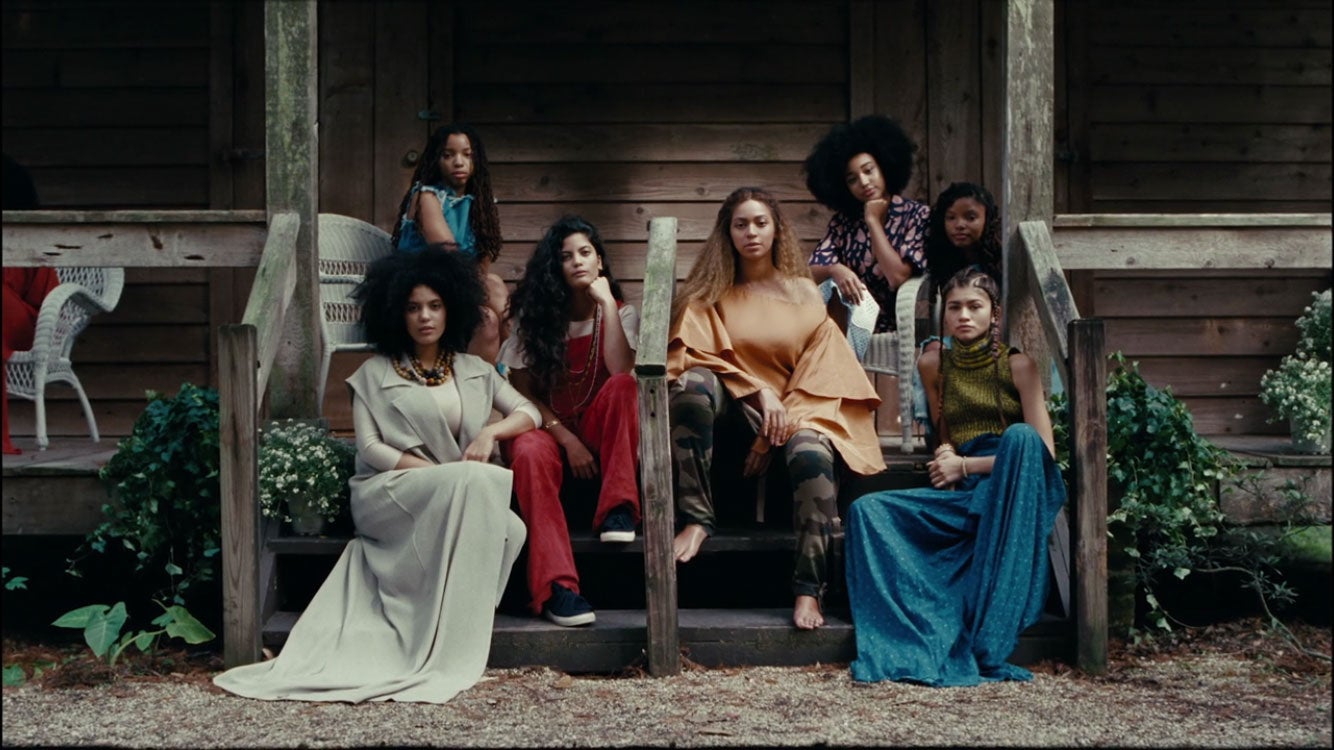
Calling Beyonce’s visual album Lemonade a masterpiece isn’t far off the mark. The imagery is mesmerizing and the overall message is the pinnacle of Black feminism.
Naturally, the visual album has served as an overture of sorts, spawning larger, meaningful think pieces that dissect every message that she has buried in her lyrics. We’ve perused some of the most thought-provoking articles out there and rounded up the most memorable lines. What do you think Bey was trying to tell us?
“What I see most in Lemonade is a push against the strong Black woman narrative. Yes, we’re strong. But we’re not unbreakable—even if we try to make it seem like we are. Yes, we’re resilient. But we’re also vulnerable. Our heads are not always held high. We get scared. We ache. We cry. We beat ourselves up for aching and crying. We don’t have it all together. And we need all of this to be okay. We need permission to hurt.”—Aliya S. King writes in ESSENCE
Beyoncé’s ‘Lemonade’ is an Ode to Black Women, And I’m Here for It!
“When Black women come to believe in our own love and beauty as fiercely as we believe in any other god, we become everyday alchemists and good witches, the Oshuns of fire hydrants and Nefertitis of box braids.”
Omise’eke Natasha Tinsley writes in TIME
“Lemonade is about so much more than one relationship and its infidelity. Lemonade is about the love that Black women have – the love that threatens to kill us, makes us crazy and makes us stronger than we should ever have to be.”—Ijeoma Oluo in The Guardian
“If Beyoncé is extraordinary in almost every way possible, it doesn’t mean that she can’t feel and experience the most common of emotions—anger, jealousy, indignation. It doesn’t mean that, when flaunting her black pride, she won’t still get deemed, ridiculously, a racist. And she follows in a tradition of art for and by Black women (Waiting to Exhale, The Color Purple, For Colored Girls) that has revealed that heartbreak and pain often carries with it more far-reaching historical implications for black women than they do others.”—Aisha Harris in Slate
Squeezing the Lemonade from Beyonce’s Visual Masterpiece
“Feminists, after all, are human – messy, complicated, prone to making mistakes, ultimately imperfect (as evidenced, perhaps, by the broad canon of work questioning Beyoncé’s feminism)…The feminism with which American feminists live and struggle has to have room for Beyoncé, or it doesn’t have room for most of the rest of us – and it’s not improved by those who play at perfection for an audience when they’re crying at home.”—Megan Carpentier in The Guardian
“Lemonade disrupted our inner ear, throwing us off balance as we confronted the breadth of all we have missed, ignored, and submerged by pushing black womanhood, even our own, to the margins.”—Melissa Harris-Perry writes in Elle
“We are in the front. We are joyful. We are communal. Antebellum blackness as joyous and fruitful seems oxymoronic for black women. Slave women are the most silenced and traumatic representations of southern black women. It is a massive undertaking to sift through the forced silence regarding the physical, social and spiritual violence of slave women to locate the quiet of black women’s endurance. In Lemonade, the trauma of slavery itself does not propel the images of black women in undeniably southern spaces forward. Rather, the antebellum south serves as an entry point for Beyoncé to recognize the historical and cultural horrors of black womanhood while reclaiming the survival techniques passed down over time.”—Regina Bradley in NPR
WANT MORE FROM ESSENCE? Subscribe to our daily newsletter for the latest in hair, beauty, style and celebrity news.